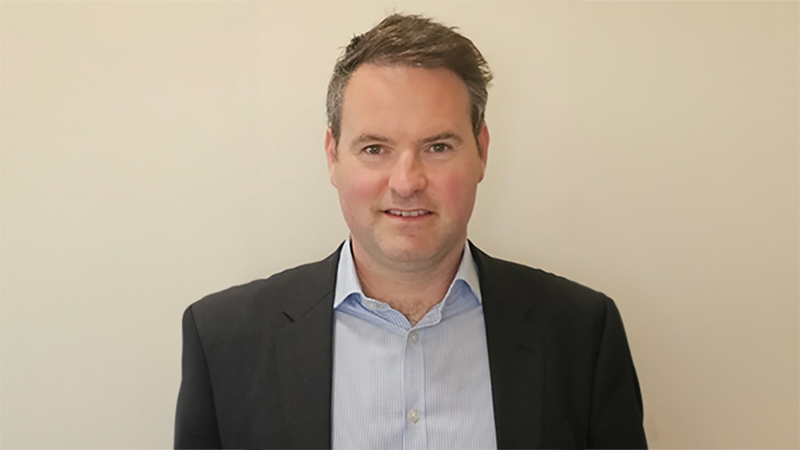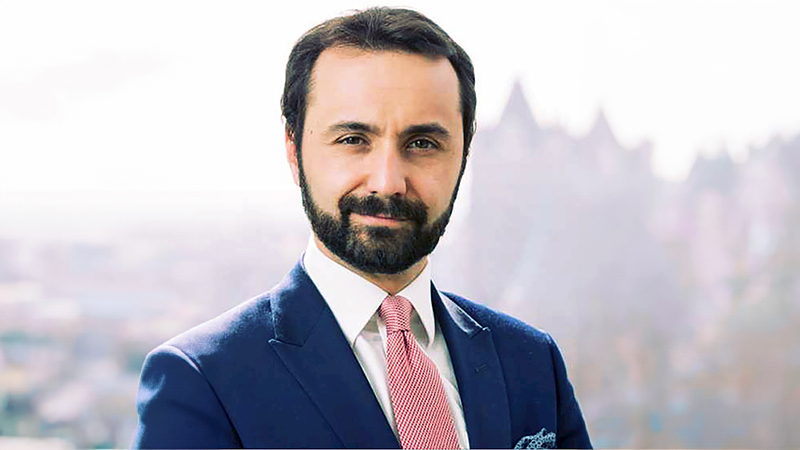Finsbury Growth & Income manager Nick Train has described the Covid-19 pandemic as the most distressing period of his career and detailed the luxury items he plans to splurge on once the outbreak is over.
The Lindsell Train manager broke down his portfolio into three parts to explain how he expected it to respond to Covid-19 in the Growth & Income portfolio interim report.
The investment trust share price fell 19.3% in the six months to the end of March, while its net asset value fell 19.5%.
Chairman Anthony Townsend, who is retiring at the 2021 AGM, said “it is disappointing for the first time in some years to have to report a negative absolute return for the period” although he said it was “hardly surprising” given the market backdrop.
Townsend also noted a slight change in the investment policy that would expand the definition of UK companies to those domiciled or with their primary business in the country. Previously, the definition was limited to UK-listed companies. Manchester United would therefore now classify as a UK company despite being listed in New York.
The most distressing period of Nick Train’s career
Train, who has worked in the investment industry for 39 years, said the reporting period had been “amongst the most turbulent and certainly the most distressing of my career”.
“Younger colleagues have looked to Mike Lindsell and me for guidance and reassurance during the first quarter of 2020. But we have had to shrug our shoulders and say – we have never seen anything like it.”
He said he was reluctant to speculate on the duration of the crisis or how the global economy would emerge in the aftermath. Instead, he was focused on the financial health of companies held in the portfolio.
See also: Are boutiques really better placed to navigate volatility?
Football and pubs weakest link in Finsbury Growth & Income
Football clubs and pubs were the Finsbury Growth & Income holdings most exposed to the coronavirus lockdown, Train said. These represented a small part of the portfolio with Mancester United representing 1.7% and Celtic 0.8%. Pub companies Fuller’s and Young’s represent just 0.8% of the portfolio.
In contrast, companies with strong balance sheets and subscription-like revenues were among the most resilient. These included investment businesses like Rathbones, Schroders and Hargreaves Lansdown, along with the likes of the Daily Mail, LSE and Sage. Collectively, these business accounted for half the portfolio.
During coronavirus volatility, Lindsell Train loaded up on Hargreaves Lansdown stock increasing its stake a percentage point to 13%.
‘We expect a burst of hedonism on the other side of the virus’
The remaining 47% of the portfolio is made up of “beloved or essential” consumer brands.
Resilience in this part of the portfolio had been a mixed bag with Train anticipating consumers would find solace in products like chocolate as well as alcohol, which he said they should enjoy in moderation.
In contrast, he acknowledged sales and share prices were declining in the portfolio’s luxury brands, like Burberry and Remy. Although he noted net cash on the former, if lease liabilities are excluded, and low debt in the latter, he noted a more important factor playing into his outlook.
“We expect a burst of hedonism on the other side of the virus, as the world and especially the young celebrate deliverance. That will be some party,” he said.
“I look forward to downing several bottles of Louis XIII with you all. And I might even buy myself a Burberry trench.”
Lindsell Train supports dividend suspensions
But before that point, he anticipates “unexpected challenges” for the companies Lindsell Train invests in.
Train said: “The boards of the companies facing these challenges must be encouraged and supported by shareholders to do the right thing. And that means promptly taking action to ensure the survival and future prosperity of the company.
“If the result is suspension of dividend payments, for instance, then so be it. Several portfolio companies have already announced such suspensions as I write this report – namely AG Barr, Euromoney, Fuller’s, Heineken and Young’s. They have done the right thing and I will be amazed if they are not joined by other holdings.”











